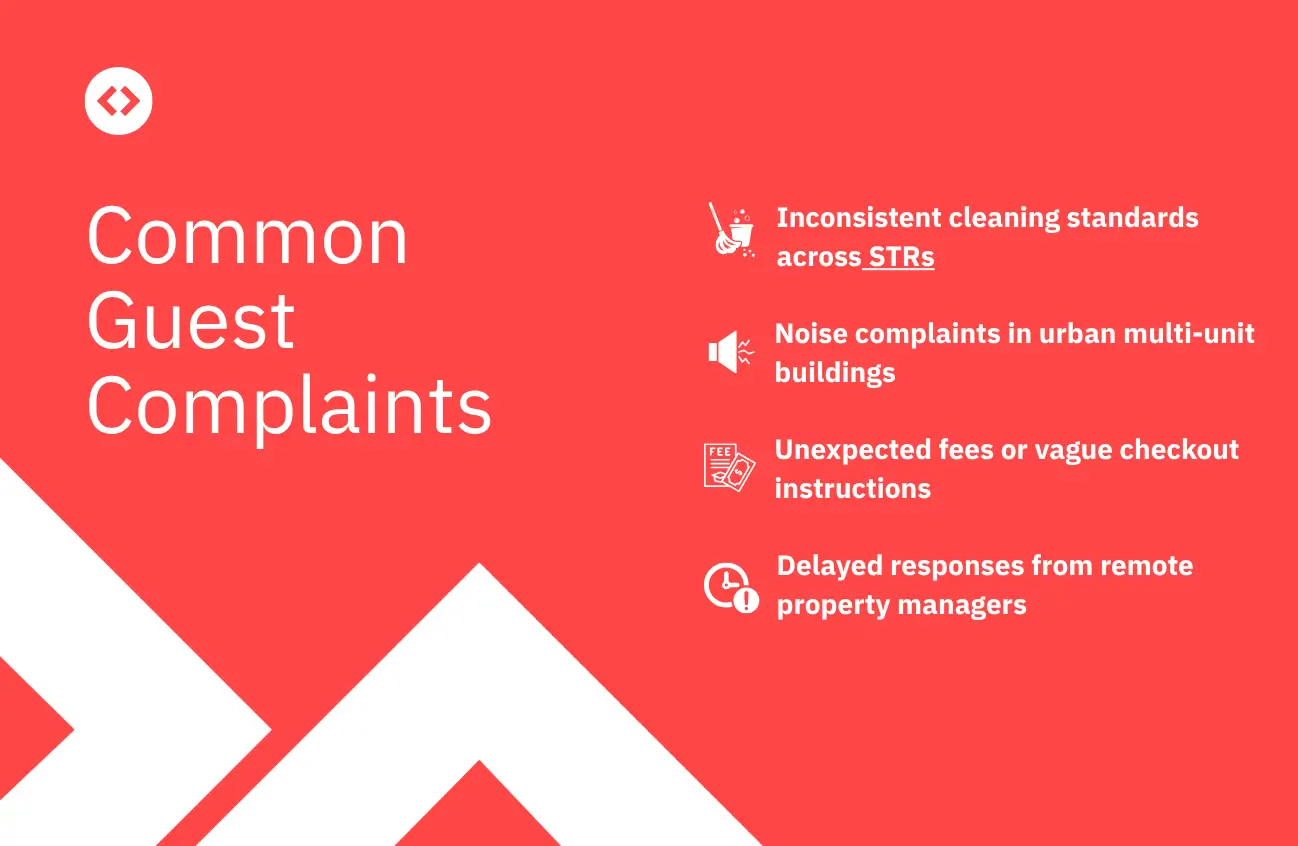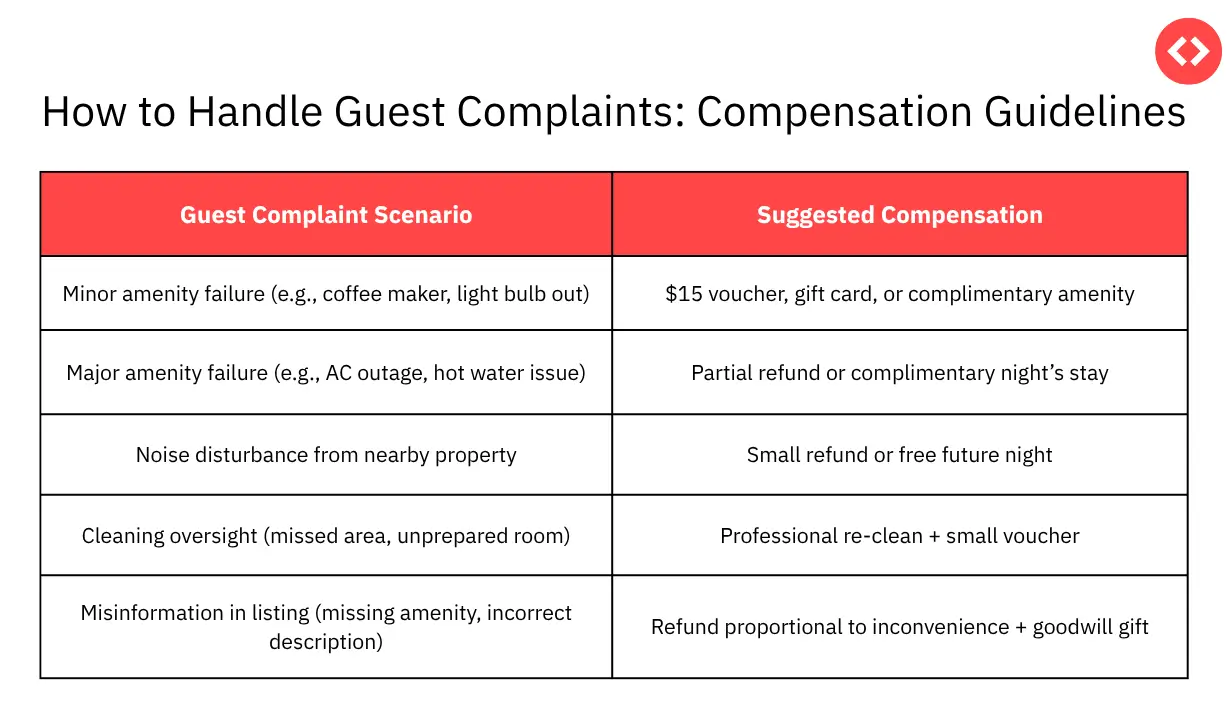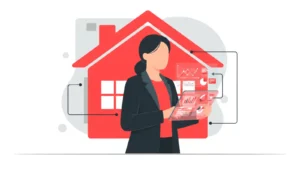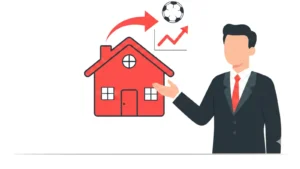Table of Contents
Updated : Feb 5, 2026
The hospitality sector is review-driven, which makes it even more necessary to know how to handle guest complaints.
To handle guest complaints, respond within 30 minutes, show empathy, follow a clear SOP, use technology to triage, compensate where necessary, and follow up after resolution. No property manager wants their listing to be marked as low-quality, especially now. With Airbnb’s revamped hosting quality system in place, over 400,000 low-quality listings have already been removed, many flagged due to consistent patterns in public reviews.
To ensure your property doesn’t join this list, let’s break down how to handle guest complaints effectively by:
- Understanding the most common vacation rental guest complaints
- Following a 5-step complaint resolution strategy
- Using tools and processes to prevent escalation
Common Guest Complaints

Knowing how to handle guest complaints starts with understanding the issues guests most frequently report.
In the U.S., the most common guest complaints include:
- Inconsistent cleaning standards across STRs
- Noise complaints in urban multi-unit buildings
- Unexpected fees or vague checkout instructions
- Delayed responses from remote property managers
For instance, a traveler on Reddit shares,
“We had to pay $300+ fee for visitors stopping by during a $900/night stay, even though they were just visiting for a few hours.
Why do Guests Leave Complaints?
This brings us to the real question: Why do guests escalate issues into public complaints?
When expectations aren’t met or when guests feel ignored, it results in disappointment. And that disappointment often finds its way into reviews.
Take this Airbnb review, for example:
“We were a little disappointed because we were super excited to use the hot tub here. However, once we got there, we found out that the hot tub had been leaking and would not hold water. We were unable to use it. Then, we tried using the tub, which would not hold hot water from the spigot. We were able to get hot water from the shower head. The host is very responsive and answered quickly once we reached out. Unfortunately, due to these issues, we would not stay here again.”
The sentiment analysis of this review reflects a failure to deliver on a core expectation, a breakdown of amenities, and ultimately, a diluted experience. Even though the host responded promptly, the impression of being let down had already done the damage.
Across Airbnb and similar platforms, guest reviews often include either direct criticism or subtle cues about what went wrong, be it faulty appliances, slow responses, or hidden charges.
Guest Complaints Escalate When:
- Mid-stay feedback is ignored – Guests feel their concerns aren’t valued, leading to frustration that builds over the stay.
- Staff lack the authority or clarity to resolve issues – Delays in decision-making make guests feel neglected and prolong dissatisfaction.
- There’s no standard operating procedure (SOP) in place – Without clear guidelines, resolutions become inconsistent and unprofessional.
- Guests feel dismissed or invalidated – A lack of empathy can turn small issues into major grievances.
- Complaint escalations have no communication trail – Missing records cause miscommunication and repeated explanations, adding to the guest’s irritation.
How to Handle Guest Complaints: 5-Step Action Plan
Nowadays, with the surge in tools and data-driven approaches, it’s an unsaid expectation for a property manager to form an action plan to handle guest complaints.
Here’s a breakdown of the plan:
1. Respond Immediately and Empathetically
You don’t always know what triggered a situation and led to guests’ disappointment. Negligent or rude staff can cause distress among the guests.
Why immediate response works: A timely reaction demonstrates professional conduct, making guests feel heard and dissolving the issue while you plan next steps.
Analysis: Try to understand the complaint from the guest’s point of view. For instance, a check-in delay may feel like a disregard for their time, not just a scheduling issue.
Ideating solution: Determine if the issue can be resolved instantly or if it requires escalation. Even asking clarifying questions gives you time to respond with care.
Execution
- Acknowledge within 30 minutes
- Empathize with the guest
- Clarify details
- Act or escalate
Bonus Tip: Platforms like PriceLabs help align guest expectations with pricing. Dynamic pricing ensures guests don’t feel they’ve overpaid during low-service periods, and it reduces complaints tied to perceived value.
Boost Your Revenue Instantly
Let PriceLabs’ dynamic pricing adjust your rates automatically to capture every booking opportunity.
Start Your 30-Day Free Trial Now2. Form a Complaint Resolution SOP
Why it works: Eliminates guesswork — staff always know the next step.
Execution:
- Create SOPs for noise, cleanliness, amenity failures, etc.
- Train staff regularly.
- Update SOPs based on real feedback patterns.
📥 Quick Win: Make it a habit to regularly update your SOPs based on recurring complaints and how they were resolved to ensure your process evolves with real guest feedback. To get started quickly, you can download free SOP templates and tailor them to your needs.
3. Use Tech to Triage and Track Complaints
Technology can simplify how you manage complaints so nothing slips through the cracks and response times remain fast.
Why technology will work: Property management systems and AI-fueled chatbots will manage complaints, reduce response lag, and improve data capture.
Ideating solution: Set routing rules. Hygiene complaints go directly to the housekeeping team, while maintenance issues are routed to technicians.
Execution: Deploy a chatbot for FAQs and escalate complex ones. Have a setup where guests can report issues directly without involving the staff members.
Use tech analytics to review how well the system handled the complaint. What was the resolution time? Was it escalated? Adjust your strategy accordingly to avoid future dissatisfaction.
Suggested read: Top 7 Guest Service Examples for Vacation Rentals
4. Deliver Compensation When Necessary
Sometimes, small gestures can do the job and rebuild guests’ trust. An assurance of compensation of any kind prevents negative reviews.
Why the compensation strategy works: Guests often seek acknowledgment through compensation when their expectations aren’t met. Even a small token shows you value their experience.
Analysis: Gauge the emotional temperature. A broken AC in a luxury rental can be a deal-breaker, even if fixed quickly.
Ideating solution: Decide between a partial refund, discount vouchers, or even an upgrade. Empower your team with guidelines so they can act without waiting for approvals.
Execution: One of the most effective ways to handle guest complaints is by offering fair, proportional compensation. Here’s a quick guide you can adapt for your property.

5. Close the Complaint With Follow-Up Surveys
The resolution of a complaint doesn’t necessarily guarantee a negative review. Closing the complaint matters.
Why this works: A follow-up survey signals that you care beyond the immediate fix. It also helps reduce the chance of a negative public review.
Analysis: Look for subtle cues in feedback: did the issue feel resolved? Is there lingering dissatisfaction?
Ideating solution: Incorporate learnings into your SOPs and pre-arrival communications to prevent similar issues in the future.
Execution: Send the follow-up survey within 24 hours of checkout, acknowledge their response, and thank them for helping you improve.
Example follow-up survey questions:
- How satisfied are you with the resolution of your issue?
- Would you stay with us again or recommend us to friends and family?
These short, clear questions make it easy for guests to share honest feedback and give you measurable data to improve your services.
Why do Property Managers Need to Avoid Ignoring Guest Complaints?
In hospitality, silence is risky. Ignoring guest complaints can cost you more than just a bad review.
Here’s why addressing them proactively is essential:
- Negative reviews can tank bookings and OTA rankings: When guests feel unheard, they turn to platforms like Airbnb, Booking.com, and Google to voice their frustration, deterring future guests.
- You risk delisting on platforms like Airbnb: Airbnb takes unresolved complaints, especially those related to safety or discrimination, very seriously. Repeated violations may lead to suspension or removal from the platform.
- Unresolved issues can lead to legal consequences: If complaints involve safety hazards or health concerns, legal risks increase, especially if there’s no documented resolution process.
- Your reputation takes a long-term hit: Sites like TripAdvisor and Google Reviews carry lasting influence. One ignored complaint can spiral into a pattern of public distrust.
Closing Thoughts
Here’s a quick recap to strengthen your complaint resolution strategy:
- Respond quickly and empathetically; a timely response is at the core of handling guest complaints.
- Spot recurring patterns of complaints and identify triggers of different situations, making it easy for you to handle guest complaints and prevent escalation.
- Form structured SOPs and ensure clarity on protocols, which helps your team by providing a guide on how to handle guest complaints.
- Follow up with post-resolution contact; guests often remember the treatment after their complaint gets resolved.
- Never ignore a complaint; use feedback to refine your existing guest complaint handling methods.
- How you handle guest complaints defines your reputation and can drive repeated bookings.
Frequently Asked Questions
1. How long does it take to build an effective guest complaint handling procedure?
Depending on the size of the property and the nature of complaints received, building a complaint handling procedure (SOP) may roughly take 2 to 6 weeks. The procedure will include mapping complaint categories, training staff, creating resolution workflows, and testing escalation paths. Multiple properties may demand additional time for automation or standardization of SOPs.
2. Is it possible to apply one guest complaint handling strategy across all rental listings?
A property manager can try, but it’s not feasible. While core procedures such as response time and empathy remain consistent, complaint patterns may vary, i.e., location, listing type, and guest profile. Urban units may need strict regulations to control noise and maintain hygiene, while vacation rentals must prioritize amenities. It’s hard to have a generalized method.
3. Are there any legal risks if guest complaints are ignored or mishandled?
Yes, there are. Ignoring a serious guest complaint, failure in safety, or ADA compliance can expose property managers to legal scrutiny. Airbnb might even remove the listings that violate the policy. Guests might even file claims in courts through consumer protection agencies.







